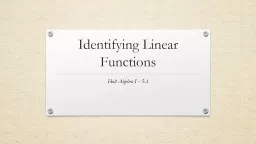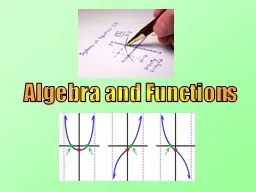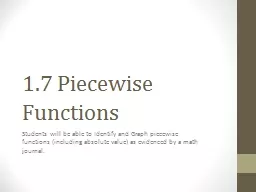PDF-Functions of Derivational
Author : tawny-fly | Published Date : 2016-08-18
x91e5x8de3x9364x8b43x92cax904dx91e5x8a77x906cx8ad4x89c8x8a77x8ca4x8b86x835ax8393x835ex815bx8f95x8bb3x8ef6 As for the functions of ad
Presentation Embed Code
Download Presentation
Download Presentation The PPT/PDF document "Functions of Derivational " is the property of its rightful owner. Permission is granted to download and print the materials on this website for personal, non-commercial use only, and to display it on your personal computer provided you do not modify the materials and that you retain all copyright notices contained in the materials. By downloading content from our website, you accept the terms of this agreement.
Functions of Derivational : Transcript
Download Rules Of Document
"Functions of Derivational "The content belongs to its owner. You may download and print it for personal use, without modification, and keep all copyright notices. By downloading, you agree to these terms.
Related Documents














